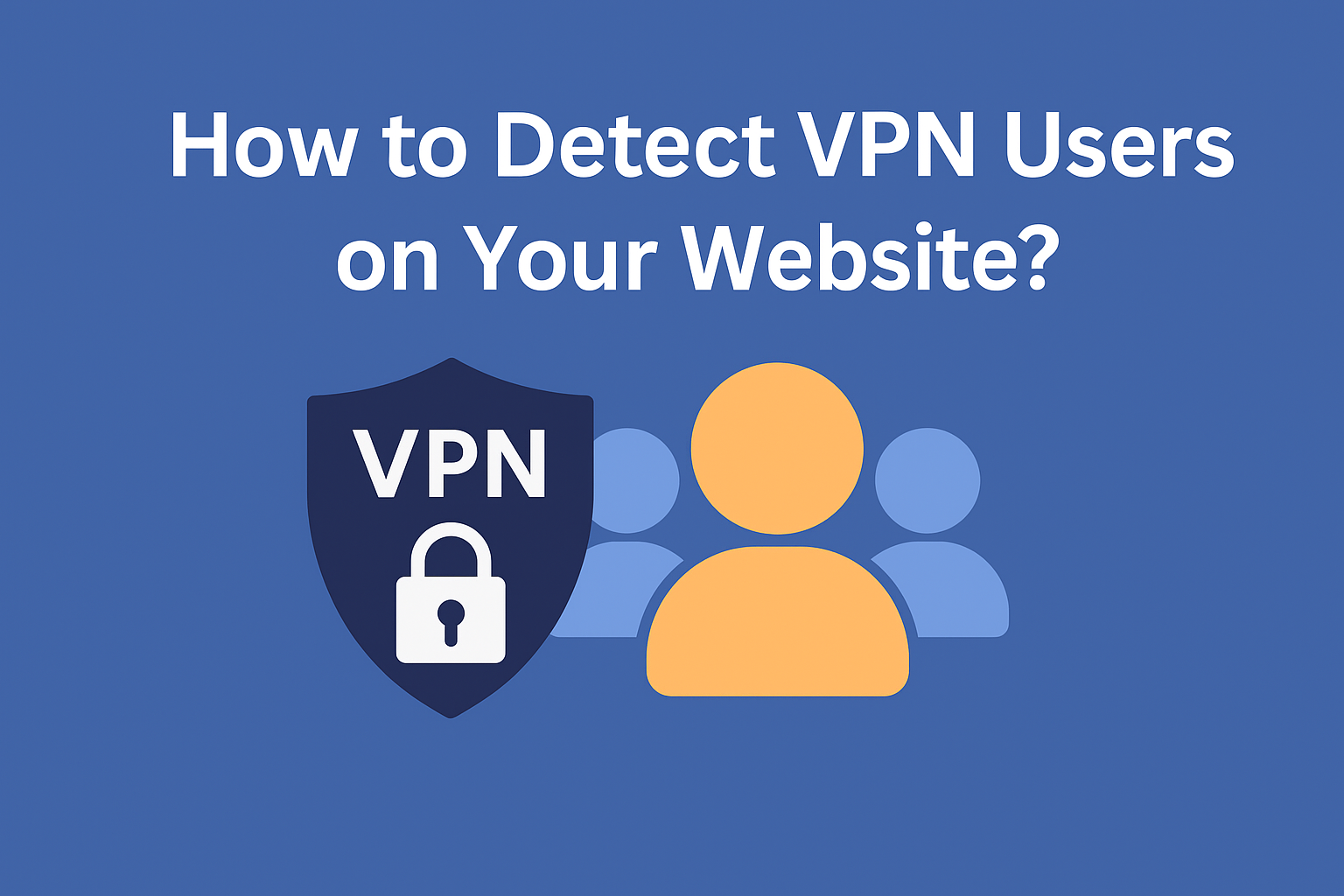Are you interested in getting more organic traffic from customers in your local area? Then, you’ll need to execute a comprehensive local keyword research campaign to start things off. This helps you better understand where to focus your efforts to avoid wasting resources.
We’ll share how you can complete keyword research from start to finish. These keyword strategies involve carving out a niche in a big market. This means you can get more potential customers while investing a relatively small amount of funds.
Keep reading to discover why keyword research for local SEO is important!

Table of Contents
What Is Local Keyword Research?
Local keyword research involves identifying and analyzing search terms that people use in a specific geographic area. Typically, you’ll focus on search terms to find products, services, or information online. The goal is to optimize content and online presence to rank higher in search engine results for local searches.
This research includes focusing on location-specific keywords, like “best pizza in [city]” or “plumbers near me.” You’ll need to use keyword research tools like the Google Keyword Planner, which is free and available to anyone who signs up for a Google account.
Furthermore, effective keyword research boosts SEO, drives targeted traffic, and helps local businesses stand out. The idea is to find keywords that are not too competitive and have good search volume.

How To Do Local Keyword Research
Do you want to learn how to do local keyword research? In this section, we’ll share the best practices so you can better understand the process of starting and getting top results. These tips are ideal for beginners having trouble getting a foothold in their niche or industry.
1. Understand Your Target Audience
Start by identifying your target audience’s needs, preferences, and pain points. This means you need to consider who your local customers are and their search behavior. Furthermore, you’ll need to figure out the specific services or products they are looking for in your area.
Don’t forget to create detailed buyer personas to understand demographics, interests, and intent. That’s because building a buyer persona helps you figure out what kind of messaging you’ll need to pursue. Ultimately, this will positively impact your conversion rates and improve return on investment (ROI).
2. Use Local Keyword Research Tools
Utilize tools to find location-specific keywords. These tools help you discover popular search terms within your area.
Here are the top tips to consider when seeking out a good quality local keyword research tool:
- User interface (UI): Opt for a tool with an intuitive and user-friendly interface that makes it easy to navigate. The quicker you can interpret data, the better. Also, a good UI will save you time. This is especially true if you’re managing multiple campaigns. Take the time to use the tools first hand so you can compare the experiences.
- Accuracy and data depth: Accuracy is key when researching local keywords. Otherwise, you can’t trust the data. Hence, look for tools that provide precise search volumes, location-based data, and up-to-date trends. You may need to compare the data of different tools to get a sense of the data discrepancies.
- Pricing and budget: Consider your budget and the tool’s pricing model to find the right match. Some tools offer free versions with limited features, while premium options provide advanced functionalities. Therefore, match your needs with a tool that offers value for money. This is especially important for businesses on a tight budget.
- Support and resources: Look for tools that offer reliable customer support and resources. Top examples of resources include tutorials, blogs, and webinars. Additionally, a responsive support team is essential for troubleshooting, and educational materials can help you fully utilize the tool’s features.
- Integrations and reporting: A tool that integrates well with other marketing platforms can streamline your workflow. Also, consider how well the tool presents data. This can help break down complicated data sets into digestible information.
3. Incorporate Location-Based Keywords
Without local-based keywords, your website will not appear for the right target keywords. Therefore, you need to include city names, neighborhoods, or landmarks relevant to your business.
Then, you’ll need to add these keywords all over your website. This includes title tags, meta descriptions, headers, and content.
Additionally, make sure that your Google My Business listing is optimized with the same location-based keywords. This takes extra time and organization but will pay off in the form of more organic traffic from your SEO strategy. Your Google Business Profile is more important than you might assume at first glance.
4. Analyze Competitor Keywords
Researching local competitor keyword strategies can offer valuable insights. It can help you spot gaps in the market where you can enter without much resistance. Also, you can uncover the local keywords already receiving a high search volume. This means you don’t have to risk choosing keywords that are a bad match for your niche.
You can begin by analyzing content, meta tags, and backlinks to identify gaps where you can outperform them. Furthermore, by understanding what works for your competitors, you can refine your local keyword strategy. Also, it can inform your local keyword backlink strategy too.
5. Focus on Long-Tail Keywords
Long-tail keywords are more specific phrases that tend to attract highly targeted traffic. For local SEO, long-tail keywords often include location identifiers like “best Italian restaurant in [city]” or “emergency plumbing services near me.”
These terms usually have lower competition and can lead to higher conversion rates. That’s because they match the intent of users who are ready to take action. Therefore, focus on integrating these into your content, blog posts, and social media.

Advantages of Using a Local Keyword Research Tool
Now, let’s focus on the benefits of using a local keyword research tool. This highlights the importance of finding and investing in a good-quality keyword research tool. Here are the top benefits to consider:
- Better local search targeting: A local keyword tool helps optimize location-specific searches and avoid generic terms. Also, it identifies search terms relevant to your geographic area, leading to higher foot traffic. You’ll get more phone calls and online inquiries from people near your business.
- Improved competitor insights: Local keyword tools provide insights into what keywords your local competitors are targeting. This allows you to identify gaps, refine your keyword strategy, and leverage terms they may be overlooking. Therefore, you can find underutilized local keywords and take advantage of the profitable traffic.
- Accurate local search volume data: These tools provide accurate search volume data specific to your local area. However, they can vary significantly from national or global trends. This precise information enables more effective content planning and helps move you in the correct direction.
- Mobile optimization focus: Local keyword research tools help businesses optimize for mobile searches. This is essential since the majority of searches occur on mobile devices. Look for this emphasis on the features list of the keyword research tool.

4 Positive Outcomes of Localized Keyword Research
Are you not sold on the value of localized keyword research? Then, we’ll share the potential positive outcomes in this section so you can figure out if the investment is worthwhile.
Then, you can confidently put your effort into local keyword research and know you’re doing the right thing.
1. More Local Traffic
Localized keyword research attracts more visitors from your target area by focusing on location-specific search terms. Optimizing your content to include keywords that people in your geographic region search for drives more relevant traffic.
This boosts visibility for local searchers and enhances foot traffic and inquiries. Users searching for local services or products are likelier to visit your physical location or contact your business.
2. Better Conversion Rates
Targeting localized keywords leads to more qualified traffic. That’s because people searching for location-specific services often have higher intent to purchase. The relevancy of the terms you chose depends on the nature of your business.
Get it right, and you’ll increase the likelihood of converting website visitors into actual customers. However, you need good location accuracy for the keywords you’re targeting. It’s a good idea to use marketing software to monitor the conversion rates for each keyword. Therefore, you’ll know what’s working and keywords you may need to remove from the pile.
Continual optimization of your conversion rates will improve your business’ ROI. Also, it will inform future keyword research strategies. If you’re having trouble with this, you can use a local SEO company to complete the task.

3. Better Search Results Rankings
Local keyword research directly boosts your visibility in search engines for geographically specific searches. Overall, you’ll have a higher chance to rank above competitors. This is important because the top 3 positions for search terms get the lion’s share of the clicks.
However, climbing the search rankings can take a long time. This is especially true if you are up against tough competition. Therefore, you’ll need to carefully consider if you have the resources and skills to beat competitors for specific search terms.
4. Personalization of Marketing Strategies
Local keyword research allows you to personalize marketing efforts, thereby leading to content and ads that are relevant to the local audience. Pick the right keywords and your customers will feel like you are directly speaking to them.
Additionally, this personalization fosters stronger connections with potential customers and makes your brand appear more relatable. Give it a try and measure the results to determine the effect of personalization on your local SEO strategy.

Frequently Asked Questions
In this section, we’ll share the different FAQ you might have when tackling local SEO keyword research. This will help you clear up anything you may not understand about the process.
How do I optimize my content with local keywords?
You can optimize your content by incorporating local keywords naturally into your website. This includes the title tags, meta descriptions, headers, and content. Additionally, location identifiers like city names or landmarks should be included to improve local relevance.
You’ll also need to update your Google My Business profile with consistent location-based keywords. This helps search engines associate your business with specific areas.
How can competitor analysis help with local keyword research?
Analyzing competitor keywords helps you identify opportunities and gaps in your own strategy. You can learn by example and use what’s already working elsewhere to advance your rankings.
For best results, use keyword research tools with a competitor analysis module. This will help you quickly determine where your local business website can rank.
What are long-tail keywords, and why are they important?
Long-tail keywords are more specific phrases with lower search volume but higher intent. For local SEO, they include location identifiers, such as “best coffee shop in [city].”
These keywords are important because they attract targeted traffic from users ready to buy or visit your location. They also help businesses rank in local search results with less competition.
How does voice search affect local keyword research?
Local keyword research must account for natural language patterns and conversational queries. That’s because voice searches often include location-based questions, like “Where is the nearest gas station?”
Furthermore, optimizing for long-tail keywords that reflect how people speak ensures your business appears in voice search results.
Why is local keyword research important for my business?
Local keyword research is crucial for businesses with a physical location or service area. This is because it helps target potential customers in nearby locations. The trick is picking relevant keywords that customers will search for in your local area.

Local Keyword Research: Is It Worthwhile?
Yes, putting effort into keyword research for a local business is important for getting more sales and increasing foot traffic. It sets the stage for any SEO strategy and gives you specific targets to aim at.
However, you’ll need a good quality keyword research tool to speed up the process. It is the best way to ensure that your local keyword research gives you accurate data you can trust. Most keyword research tools have a free trial that you can use to test the features and determine if it’s a good choice.
You can also target customers in your local area by gathering IP addresses and turning that into geolocation data. You can do this with the help of tools like geoPlugin. It’s a reputable tool that has a clean user interface.
So what are you waiting for? Give geoPlugin a try, and you’ll love the results!
















